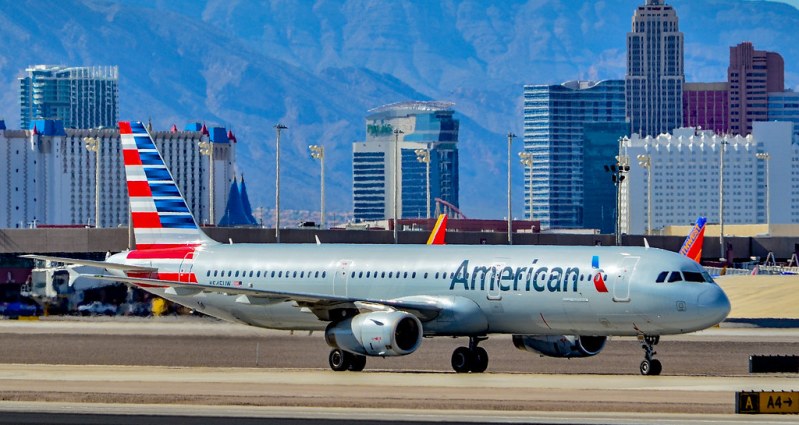
The way travelers earn loyalty points and book flights is about to change significantly, thanks to a series of significant policy shifts by American Airlines. Starting May 1, the airline has announced a new rule in its loyalty program (American’s AAdvantage program), which will only award miles and loyalty points for bookings made through “preferred” travel agencies. This update represents a significant shift in how travelers will approach booking flights and maintaining loyalty statuses.

What’s changing for the American Airlines loyalty program?
The preferred status of travel agencies is now linked to their use of the New Distribution Capability (NDC). This change is nudges travelers to book directly with American Airlines or through specific agencies that align closely with their new booking systems. To be considered preferred, agencies must jump through all sorts of hoops, including new NDC usage thresholds.
Impact on travelers
As a frequent flyer, I’ve always valued the flexibility of booking through various platforms, often choosing the one offering the best deal or convenience. However, with this new policy, the ability to earn AAdvantage miles and points becomes tied to how and where the booking is made.
- Reduced flexibility: For those of us who often shop around for the best deals, this change could limit our options. We might find ourselves confined to booking through a narrower range of agencies or directly with American Airlines to ensure we earn those valuable loyalty points.
- Incentive to book direct: There’s a clear push for direct booking with American Airlines. While this might streamline the booking process for some, it does raise concerns about decreased competition and potentially higher prices in the long run.
- Corporate travelers and leisure travelers diverge: The exemption for contracted corporate travelers and AAdvantage Business program members creates a divide. Leisure travelers, who often rely on a variety of booking platforms, might feel the pinch more than their corporate counterparts.
The broader implications
This policy shift is a strategic move that impacts the entire travel ecosystem. Travel agencies, especially smaller or independent ones, might struggle to meet the NDC thresholds, potentially leading to a loss of business or even closure. For the tourism industry, this consolidation of booking channels could mean less diversity and competition, which could mean higher prices and less comfort.
American Airlines’ decision to revamp its loyalty program by privileging certain booking channels is a significant pivot in the travel industry. For us, the travelers, it forces us to change how we book flights and earn loyalty rewards. While this may streamline some aspects of booking, it also raises concerns about flexibility, competition, and the broader impact on the travel and tourism sector. Adapting to these changes will require a new level of savvy in how travelers plan, book, and travel in the future.



